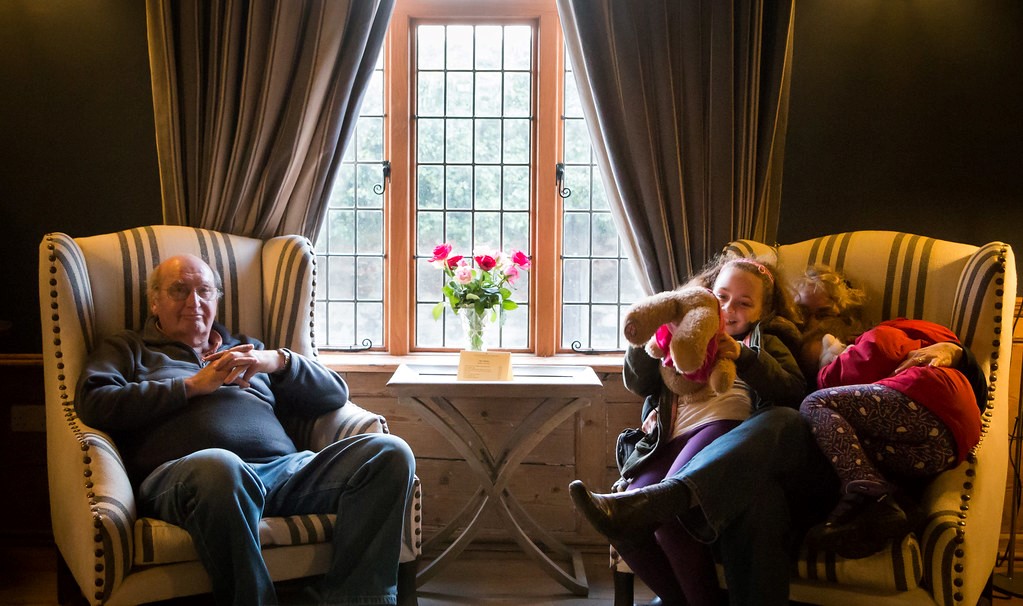Two Many Cooks in the Kitchen

In my work with parents of twins, I have heard many stories—both positive and negative—about their experiences with grandparents. Having recently become a first-time grandparent to a singleton, I can now relate to the dilemmas with more perspective.
The most difficult scenarios seemed to involve grandparents who did not live close by. Especially during the harrowing months after the babies were born, the parents needed physical help, emotional support, and buoyant optimism to help them through the exhaustive transition. For some, the periodic and often ill-timed visits by the grandparents felt disruptive rather than restorative. Some family visitors resented the rigidity of the infants’ schedules and felt imposed on rather than appreciating how the schedules imparted a modicum of sanity to the overextended household. In response, the new parents felt as if they were unable to satisfy their guests. In some cases, it made a huge difference if the in-laws were coming rather than the parents of the new mom. While many women have terrific relationships with their in-laws, many of the women I worked with were not so fortunate.
I remember one story about a mother-in-law who thought bringing only one baby at a time to visit was unconscionable. She reprimanded her daughter-in-law for violating the sacred twin bond. When this young mom tried to share the psychology behind her parenting philosophy, her mother-in-law dismissed her explanation and insisted that both twins visit together. In direct opposition to this mindset, another mom described her mother’s obvious expectations regarding twin visits—her mother deliberately installed just a single car seat in her car!
Another mom related that she sent individual pictures of her identical twin daughters to her parents and in-laws so that they could get a better idea of who was who. The twins’ parents were enraged that their families could not tell their twins apart. This inability to distinguish one from the other was exacerbated by tactless observations of the girls’ differences. For example, a relative would comment insensitively that one twin was more outgoing, more athletic, smarter, or taller. Coupled with overt preferences for one twin over the other, this strained relations with the grandparents. I did a lot of role playing with this mom to determine the least antagonistic way to discuss the blatant comparisons and unabashed favoritism with the grandparents.
One very fortunate mom told me that once a month, her five-year-old identical twin girls had sleepovers—one with their maternal aunt and one with their grandparents. The following month, they switched locations. Not everyone is so fortunate to have such dedicated and devoted family members who can give alone time to each twin.
At a play group that I attend with my grandson, I recently watched a mom of twins interact with her one-year-old twin daughters and a nanny. She could not fully enjoy the experience because trying to relate to both twins at the same time was impossible. I did not ask her why she did not alternate between leaving one at home with the nanny and bringing the other one to play group each week. To me, that would have been the optimal solution—enjoying one-on-one time with each baby. I suppose I will always have difficulty understanding why some moms prioritize the twin bond over the mother-infant attachment.
Image courtesy of Barney Moss (CC BY 2.0)

